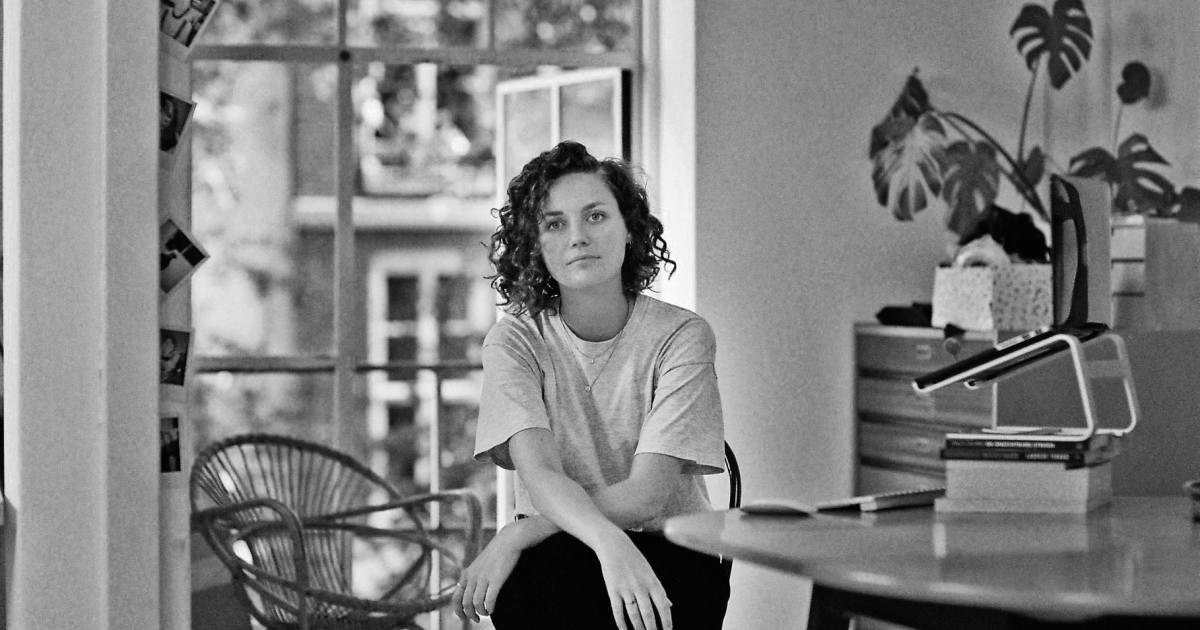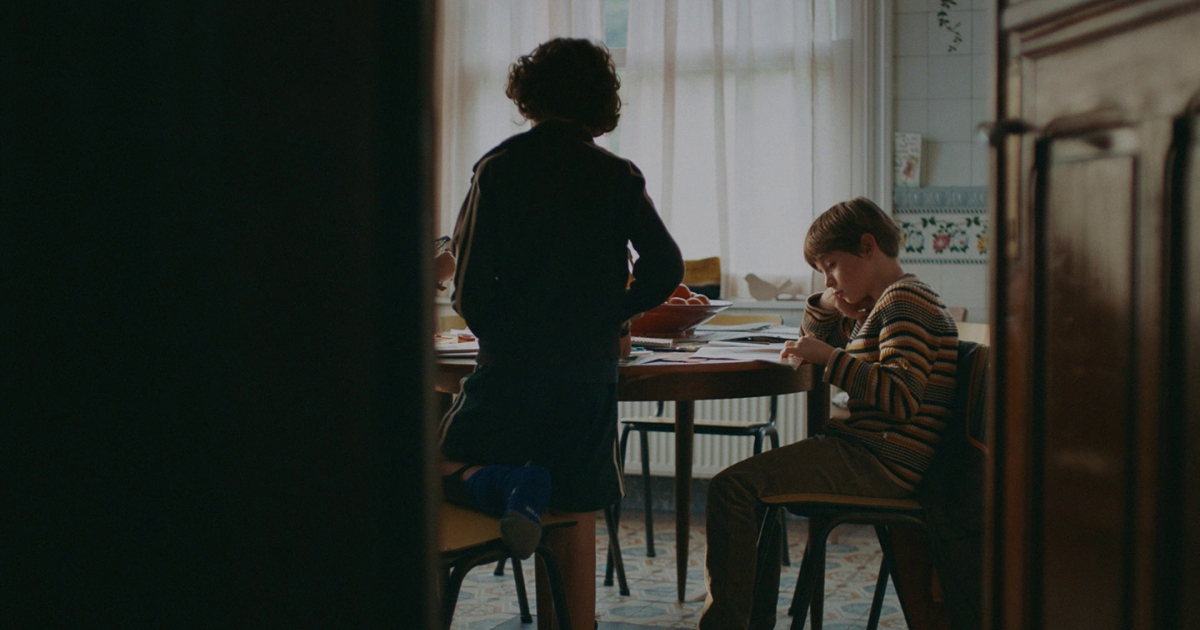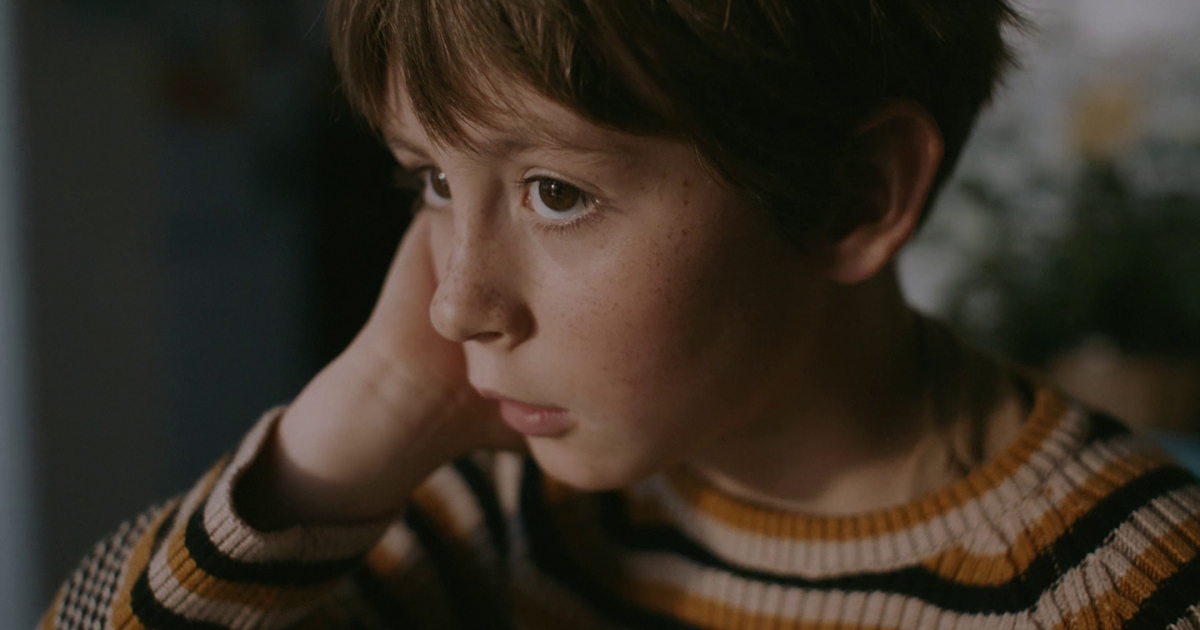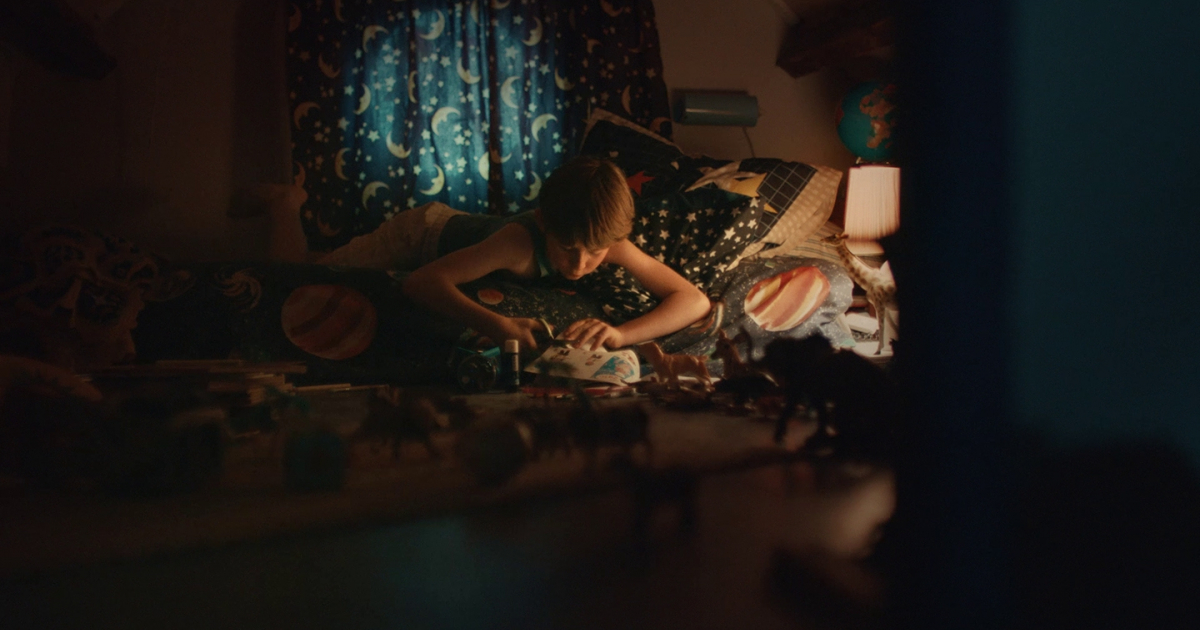'People love to look at someone being vulnerable and real' – Marit Weerheijm on her project 'Dreamland'

'People love to look at someone being vulnerable and real' – Marit Weerheijm on her project 'Dreamland'
‘Telling a solid story in less than a minute is something that doesn’t come easy, but this Young Director nailed it.’ – Marit Weerheijm, filmmaker at Czar, was awarded a Nomination at this year’s Dutch Creativity Awards for her project ‘Dreamland’ in the Craft – Young Directors category. The brief was to make a short-film about gender inclusivity in toys and as the Jury correctly pointed out, it’s no easy feat to do so in only 45 seconds! We caught up with Marit to hear how the project was realised, why she enjoys working with children and what the highs and lows of her career are to date.
How did the project come together?
Funny story. When I first received the briefing from Mortierbrigade, the download was incomplete, but I didn’t notice this. I only received the insight and backstory, so I assumed there wasn’t a script yet. Only a few minutes before the first call with the agency I realised there actually was a script when my producer started talking about it. I quickly restarted the download to read the full document, and thankfully I was enthusiastic about the script, because I already loved the idea of making a story about gender inclusivity when it comes to toys. I thought it was very necessary to make this and I felt like I should be the one to tell the story.
In such a short commercial you're able to tell an incredibly strong message - did this result happen quite naturally or was it difficult to achieve?
The script as I received it was very clear and well told. The one thing I adjusted was the role of the parents. In the original script the parents were more present and we felt their happiness in the end when the boy finds the doll. I decided to leave out the parents to make the film more intimate. Also because I feel that the story is not about the parents making ‘the right decision’ or parents who are ‘accepting their child’. This story is just not about parents. It’s about children growing up to be who they are, and not who their parents let them be.
The making of this film was quite natural. It’s very much my style of story telling and of course the basis story is centuries old; it’s a tiny, innocent love story. The only obstacle is what the boy thinks his brothers would think. But we didn’t focus on that too much because they don’t really think anything of it. Why should they?


How was the collaboration with the client and your role as the director?
It was a very easygoing collaboration. I was really applauding the courage of the client to make this story their story, and they felt like I found the right approach to tell it in the right way. I tend to make very extensive and visual treatments when I pitch for a project. This way there can be no confusion about my ideas and visual concept. The only thing that was a search for all of us, was to find the perfect doll. Let’s just say, I’m not a fan of the colour pink.
Did you encounter any hurdles during the project?
One thing I remember being a bit complicated was that the two brothers didn’t speak the same language. Shooting in Belgium means that some people speak French, others speak Dutch. I’ve done it before, switching from Dutch to English to (some) French, but with children it’s different. The two brothers didn’t speak the same language but had to improvise with each other. We only needed two seconds of real laughter, but that took some time because they could not communicate at all. We got it eventually, but it could’ve been easier.

What’s the first thing you do when starting a new project?
I create a new folder and I start compiling images that match the story in one way or another. I find these images online in databases, but most of them are screenshots from other commercials or films. I do this even before I start working on my interpretation of the script because this process usually gives me ideas.
When I’ve been doing that for a few hours, I open a new document and work on my front page for another couple of hours. It sounds strange, but choosing the right font and colour is a meditative activity to ponder on the story in the meantime.
Several of your projects, including Dreamland, feature children as the main characters - is there a reason behind this?
There are two reasons. The first is that I love working with children. They are curious, energetic, mysterious and not as self-aware as adults are. That lack of self awareness makes them vulnerable and strong at the same time. That is what people love to look at; someone being vulnerable and real. The second reason is more practical. As soon as the industry sees you can work with children, they put you in that corner. I’m not going to complain, I love that corner.
What has been the key moment/highlight of your career so far?
My career can be divided into my film work and my commercial work, although I’m not sure it has to be that separated. When I started making more commercial work, one of my first jobs was a commercial for Pink Ribbon, the breast cancer organisation. It was made with almost no money, but the result was exactly as I imagined it to be. It was a great way to enter the industry. Especially because it was nominated for the Young Director Award in Cannes.
What has been the biggest learning of your career so far?
I’m really ambitious, I’m dedicated to the work and I absolutely love my job. But I try to be less career-driven and more work-driven. The first few years after graduating film school were all about making the right steps, getting further in the industry and trying to achieve certain goals. That mindset didn’t really work for me. I still try to make good decisions and I want to grow and achieve certain goals of course, but I try to do it from a creative point of view instead of a business point-of-view. It makes the work more fun, and also more truthful.
Read more about 'Dreamland' in our Digital Awards Gallery and read the full Jury Feedback Report here. Special thanks to Videoland for being the sponsor for this year's Young Directors Award.